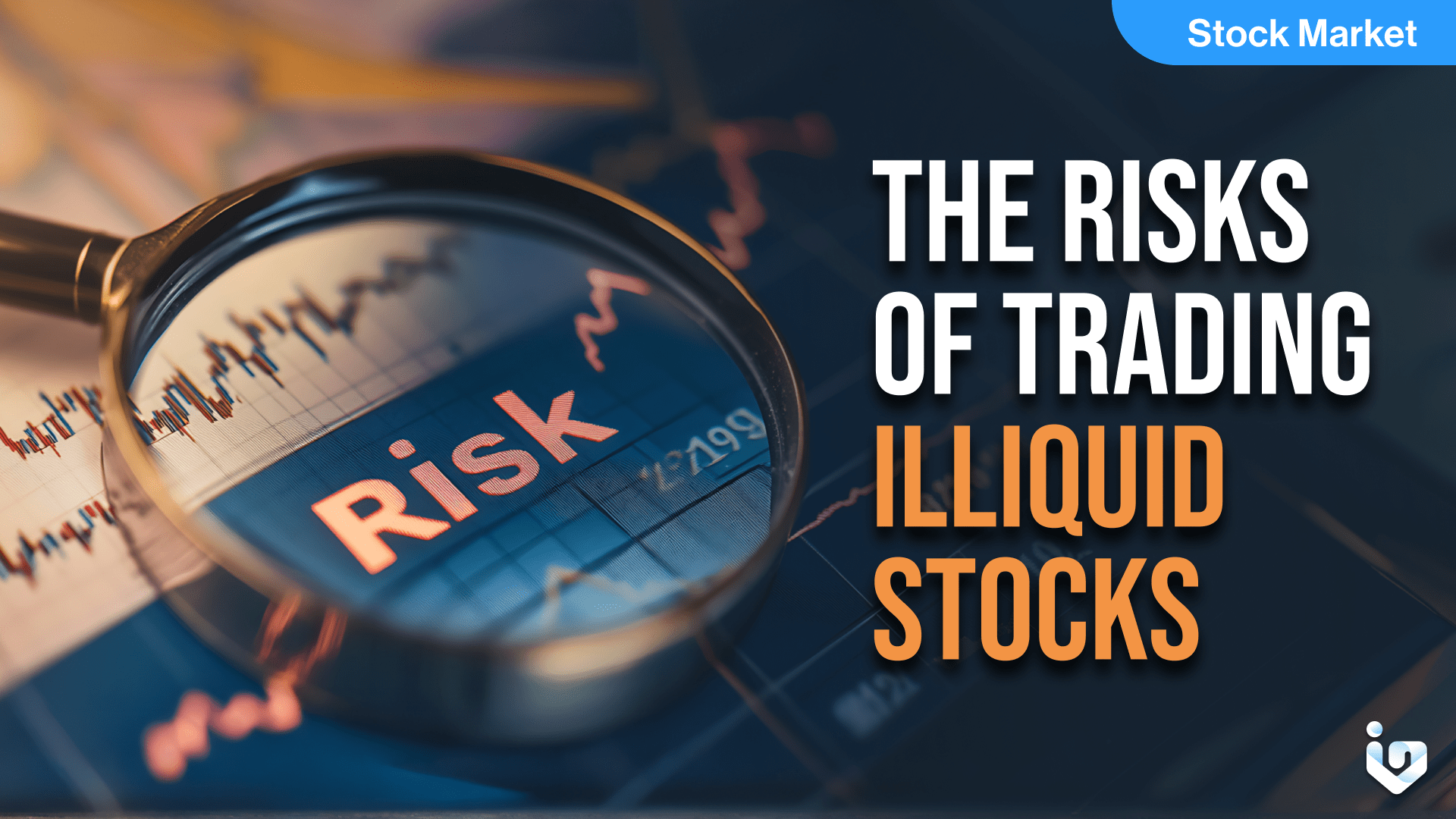Liquidity refers to how quickly and easily an asset can be bought or sold in the market without affecting its price. In the stock market, liquidity is a measure of how many shares of a stock are available for trading, as well as how many buyers and sellers are present at any given time.
The Perils of Low Liquidity
Trading illiquid stocks comes with a unique set of risks. Illiquid stocks are characterized by low trading volumes and larger spreads between the bid (buy) and ask (sell) prices. This can lead to several issues for traders.
Price Volatility
One of the primary risks associated with illiquid stocks is high price volatility. With fewer shares being traded, transactions of a relatively small number of shares can lead to significant price movements. This can be particularly problematic for traders looking to exit their positions, as they may have to sell at a much lower price than expected.
Difficulty Exiting Positions
Another risk is the difficulty in exiting positions. When a trader decides to sell an illiquid stock, they may find it challenging to find a buyer willing to purchase the shares at the desired price. This can result in the trader holding onto the stock for longer than intended, potentially leading to further losses.
Impact on Trading Strategies
Illiquid stocks can also impact trading strategies. Many trading strategies rely on the ability to enter and exit positions quickly. However, the low liquidity of some stocks can make these strategies less effective, as traders may not be able to execute trades at their preferred prices.
Increased Transaction Costs
Trading illiquid stocks often results in increased transaction costs. The wider spreads mean that traders will pay more when buying and receive less when selling, which can significantly eat into profits.
Potential for Manipulation
Illiquid stocks are more susceptible to price manipulation. With fewer shares traded, it is easier for individuals or groups to influence the stock’s price, either through large purchases or sales or through spreading misinformation.
Conclusion
While there can be opportunities in trading illiquid stocks, such as the potential for large price movements, the risks associated with them are significant. Traders should exercise caution and consider whether they have the experience and risk tolerance to navigate the challenges presented by illiquid stocks. It is also advisable to conduct thorough research and have a clear exit strategy before trading these types of stocks.
